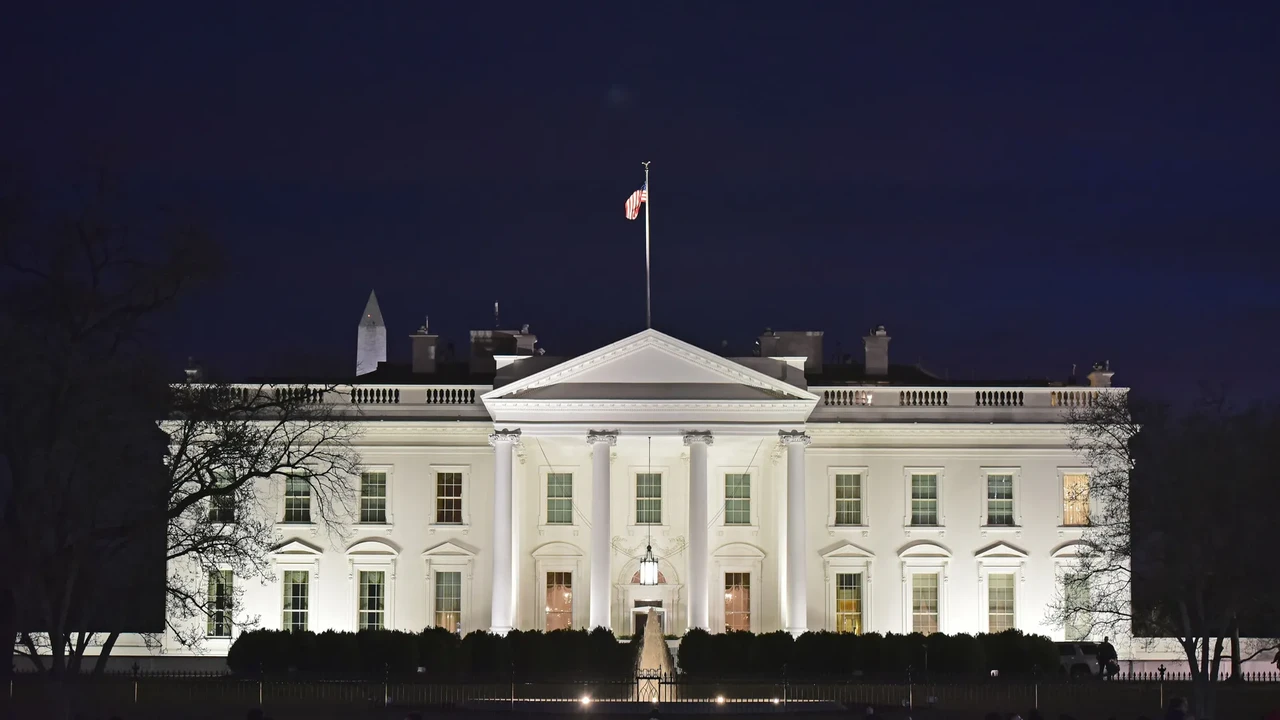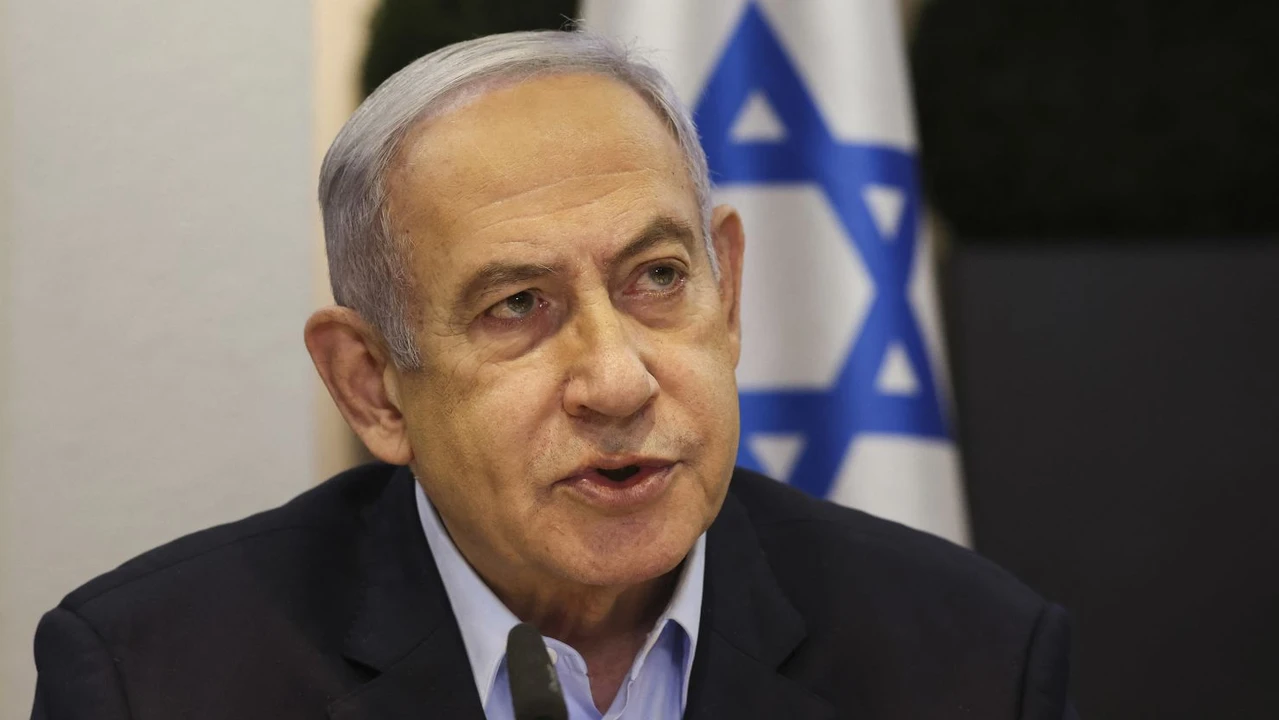Did Israel leverage Binance for digital blockade against Palestinians?
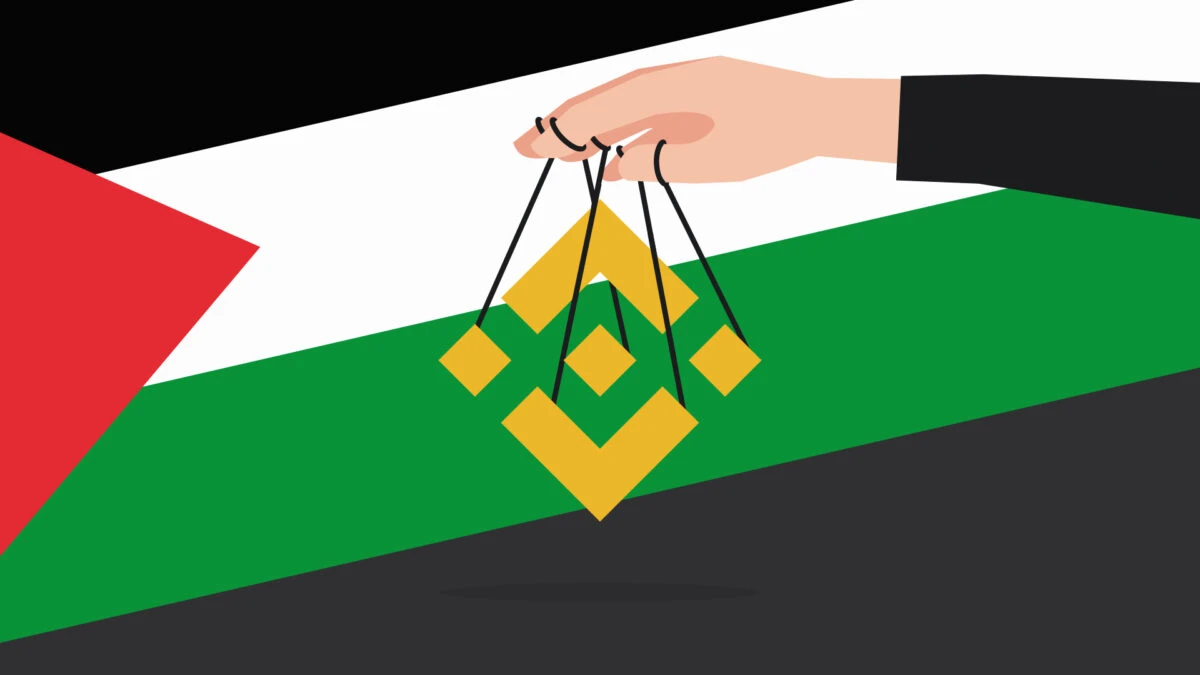 An illustration featuring the Palestinian flag and the Binance logo, symbolizing the debate over digital currency restrictions (Photo courtesy of Protos)
An illustration featuring the Palestinian flag and the Binance logo, symbolizing the debate over digital currency restrictions (Photo courtesy of Protos)
The global cryptocurrency exchange Binance has come under fire for allegedly seizing funds from Palestinian users following a request from the Israel Defense Forces (IDF).
The accusations, which have sparked intense debate within the crypto community, center around claims of a digital blockade impacting Palestinian accounts.
As Binance refutes these allegations, the controversy highlights the complex intersection of geopolitics and digital finance.

What are the allegations of Palestinian’s asset seizure?
- Claims of seized funds: Ray Youssef, CEO of the peer-to-peer crypto platform Noonesapp, alleged on social media that Binance seized all funds from Palestinian users at the request of the IDF. “Binance has seized all funds from all Palestinians as per the request of the IDF. They refuse to return the funds. All appeals denied,” he said.
- Supporting evidence: Youssef shared documents purportedly from Israeli authorities, including a letter from Israel’s National Bureau for Counter Terror Financing, signed in November 2023. The letter cited anti-terrorism laws, stating that the Israeli Minister of Defense had the authority to order the temporary seizure of assets from declared terrorist organizations, which included cryptocurrency funds.
- Scope of the seizures: According to Youssef, the seizure impacted all Palestinian users, with predictions that similar actions might extend to users in Lebanon and Syria. He further shared a video allegedly showing a message from Binance’s customer service confirming that the freezing of a Palestinian user’s account was ordered by Israeli law enforcement.
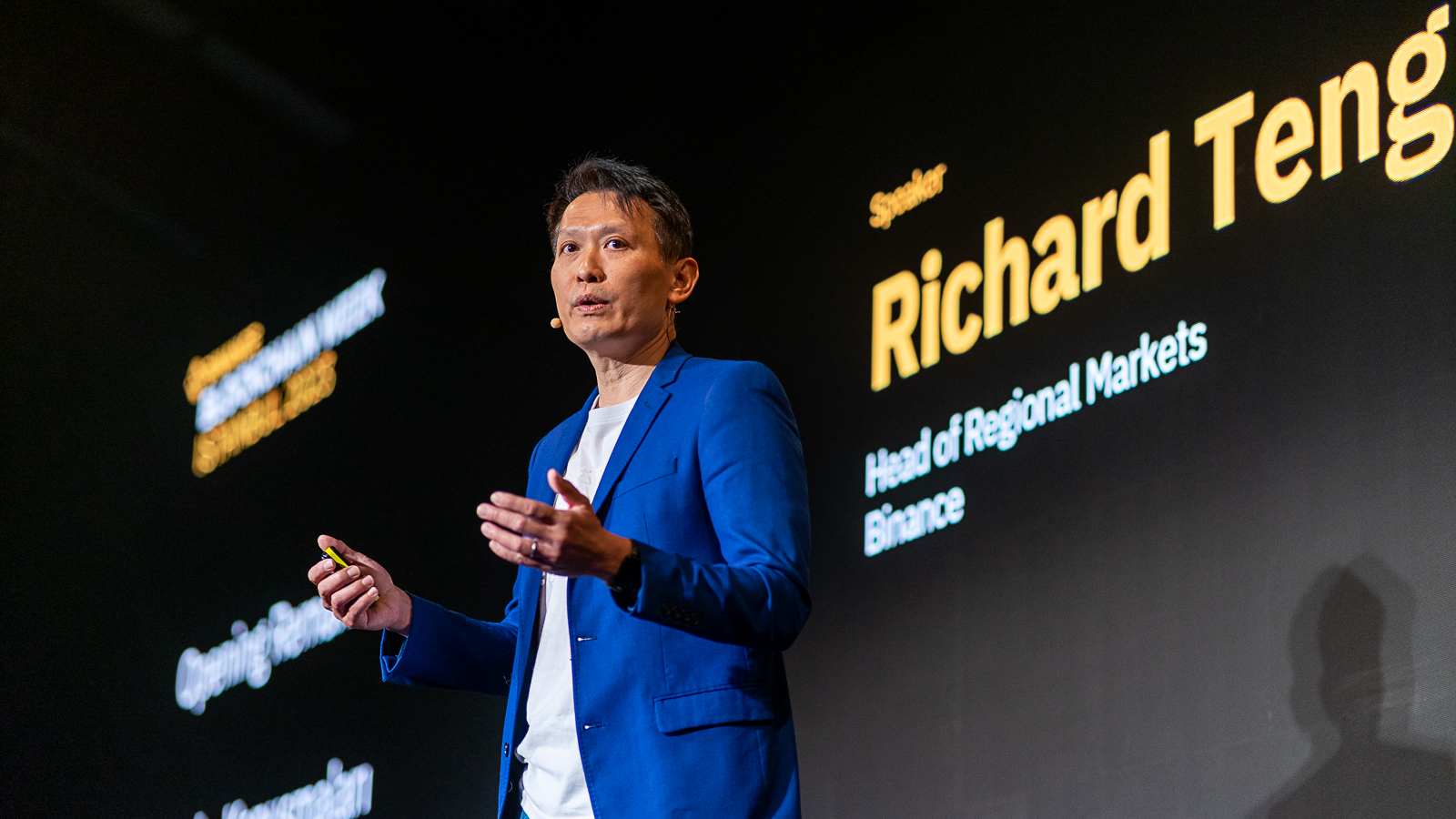
How Binance responds to allegations?
- Denial of seizure: Binance has strongly denied the claims, labeling them as “FUD” (fear, uncertainty, and doubt). CEO Richard Teng clarified that only a limited number of user accounts, specifically those linked to “illicit funds,” were blocked from transacting.
- Compliance with regulations: Binance reiterated its commitment to complying with internationally accepted anti-money laundering and counter-terrorism financing regulations. The company added that its actions are consistent across all jurisdictions, aimed at preventing the misuse of digital assets for illegal activities.
As a global crypto exchange, we comply with internationally accepted anti-money laundering legislation, just like any other financial institution
A spokesperson of Binance
What are the global sanctions and seizure orders against Hamas?
- Israeli seizure orders: The Israeli government’s seizure orders are part of broader efforts to disrupt financial networks allegedly supporting terrorism. A document from Israel’s Ministry of Defense justified the seizure of funds linked to organizations labeled as terrorist entities. According to the document, Israel’s National Bureau for Counter Terror Financing (NBCTF) has seized 190 Binance accounts linked to terrorism since 2021.
- US and UK sanctions: The US and UK has also conducted three coordinated sanctions on entities providing financial services to Hamas, further complicating the regulatory landscape for cryptocurrency exchanges. Global regulators, including those in Singapore, have increasingly scrutinized the use of digital assets in terror financing.
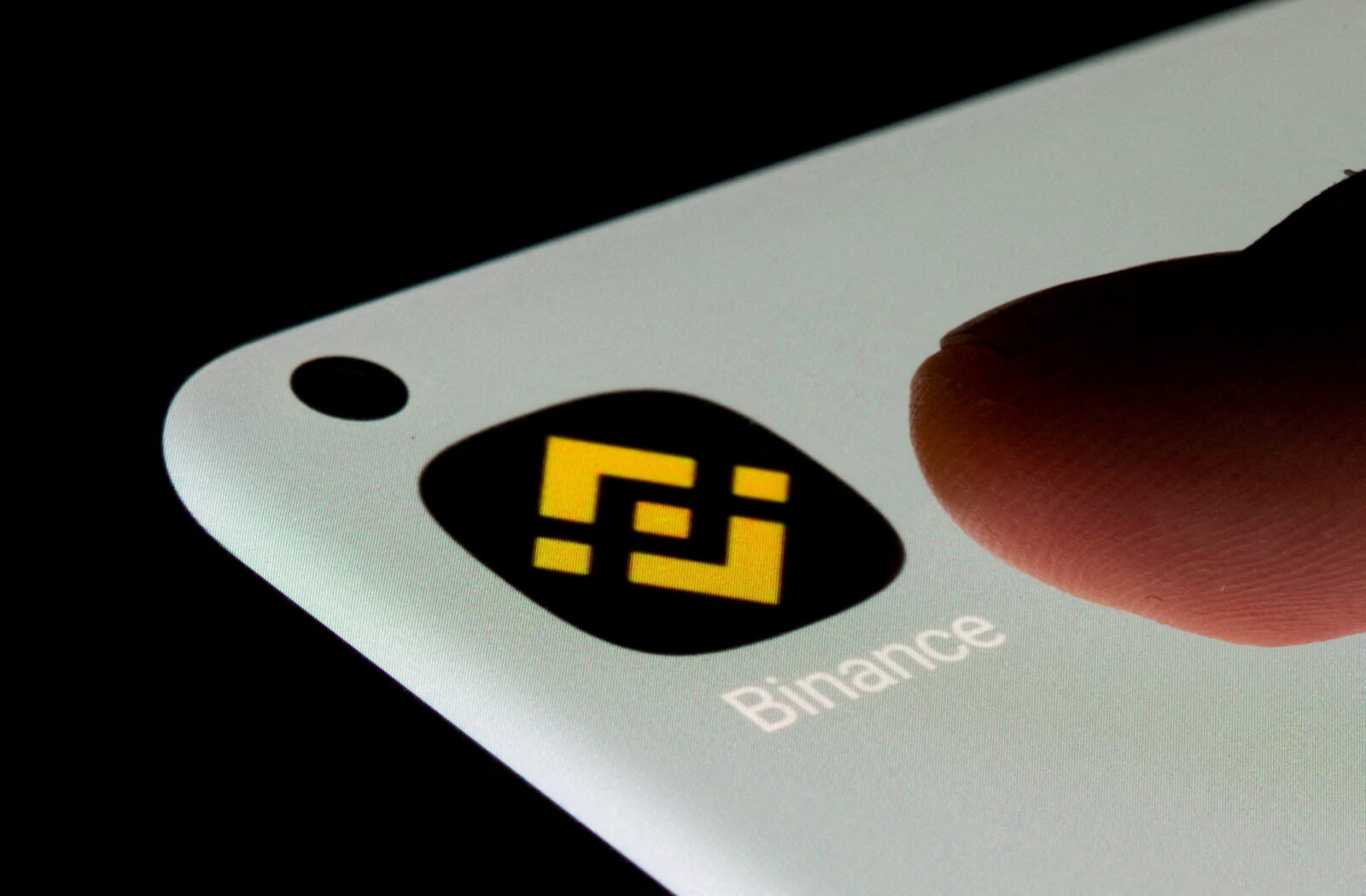
How the Crypto community assesses allegations against Binance?
- Community backlash: The allegations have triggered significant backlash against Binance within the crypto community. Calls for a boycott of Binance have emerged on social media, with some users accusing the platform of supporting “Israeli apartheid” by complying with Israeli government demands.
- Push for decentralization: The controversy has intensified discussions about the vulnerabilities of centralized exchanges. The crypto mantra, “Not your keys, not your coins,” has been reiterated by users advocating for decentralized alternatives.
Behind the scenes: In a recent move, Binance announced plans to sell its majority stake in Gopax, a South Korean crypto exchange, as part of its strategy to manage regulatory pressures. The exchange has emphasized its commitment to maintaining its global market position while navigating complex regulatory landscapes.

